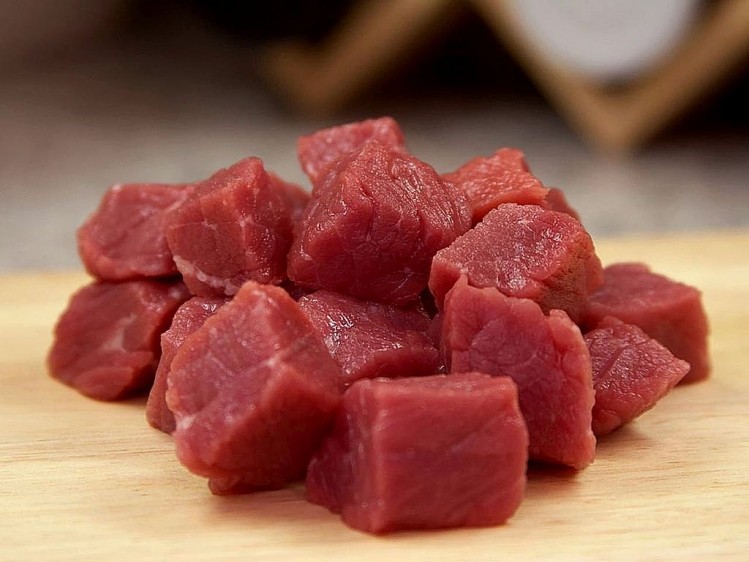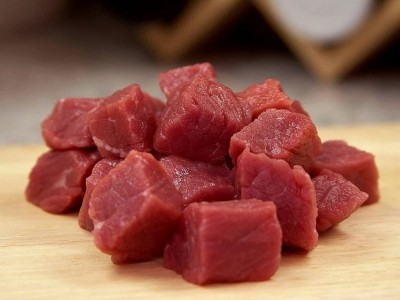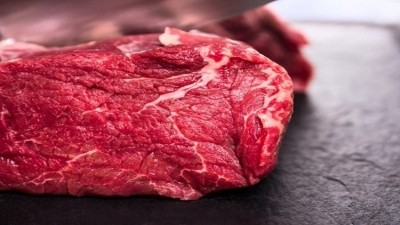African swine fever creates beef opportunity in China

The spread of ASF has presented itself as the perfect opportunity for beef to fill the void left by a reduction in the production of pork products, said the organisation. This, coupled with direct imports accounting for 50% of China’s foreign beef consumption, makes the market a prime target for producers in the UK and Ireland.
Rising income levels in China and growing numbers of middle-class consumers have resulted in strong demand for more westernised diets, with a growing demand for beef, in particular, added the LMC.
Commenting on the beef opportunities in China, National Farmers Union chief livestock adviser John Royle told Food Manufacture:
“ASF has the potential to result in the slaughter/death of a third of the world’s pigs. This inevitably this will lead to protein shortages in China and many other Asian markets. Consumers in those markets are therefore looking at alternative proteins, fish, poultry, beef and sheep meat. This clearly presents an opportunity.
“However, access needs to be finally secured and supply chains developed. This takes time and helps if the processor already has contacts in the market. The key issue for UK producers is to expand our portfolio of markets. This drives competition and helps support carcase balance.”
Rise of the Chinese middle-class
As demand for higher-value cuts has declined in NI – and the expenditure on beef has gone down 3.5% to £454.5m during the 12 weeks ending 6 October 2019 – the rise of the Chinese middle-class could be the key to resurrecting dwindling sales for beef processors, argued the LMC.
In total, China’s imports of meat products is set to grow by 35% to 2m tonnes in 2019, based on figures supplied by the Agriculture Organisation of the United Nations.
LMC’s analysis of the opportunities presented by the Chinese market followed the finalisation of a beef trade agreement with the UK, that is predicted to be worth £230m over the next five years.
End of the 20-year ban
Four sites in the UK, located in Northern Ireland and England, have been approved to export beef to China, with the first shipments expected to arrive there by the end of 2019, ending the 20-year ban on the product that followed the BSE outbreak.
Commenting at the time, international trade secretary Liz Truss said: “This is another step forward in realising our global trading ambitions with unbeatable British food. As we leave the European Union, we will continue to break down market access barriers to make it easier for UK businesses to trade across the world.”
Meanwhile, Welsh Minister for Environment, Energy and Rural Affairs Leslie Griffiths has urged beef producers to move quickly to submit applications for its Basic Payment Support (BPS) Scheme to mitigate the “catastrophic” impacts of Brexit.















